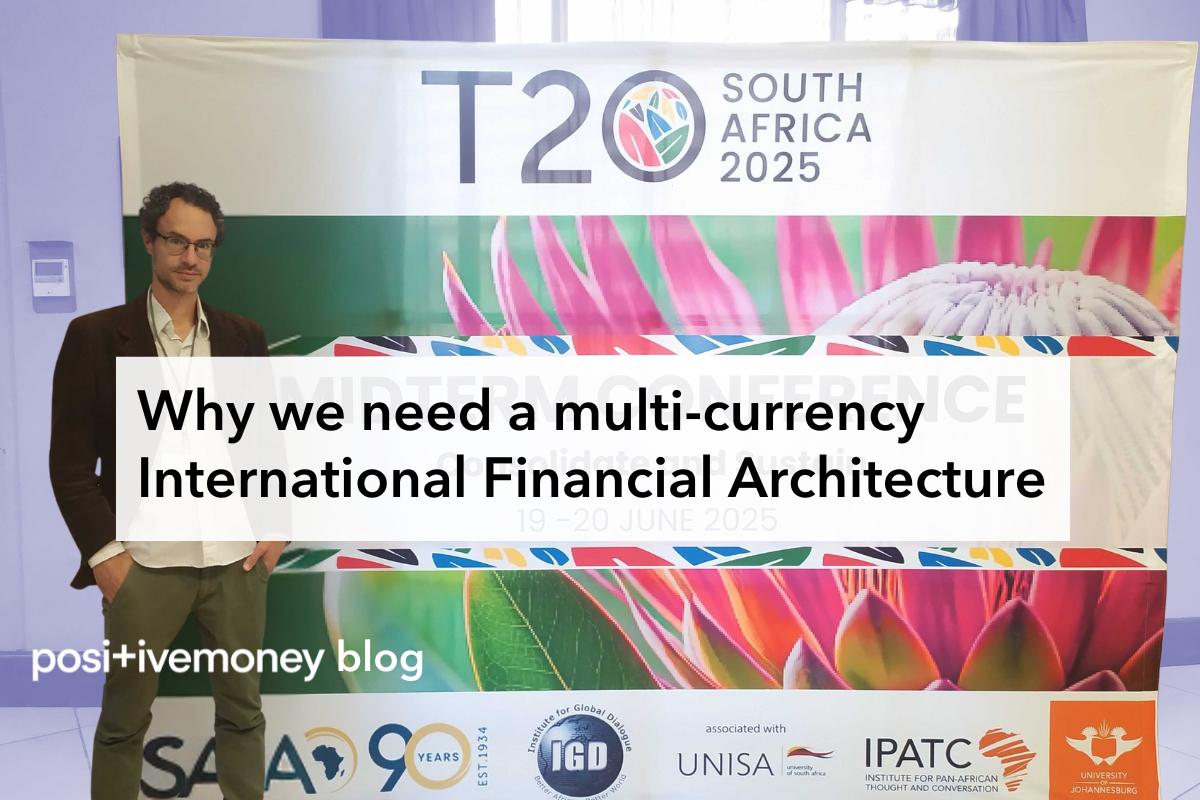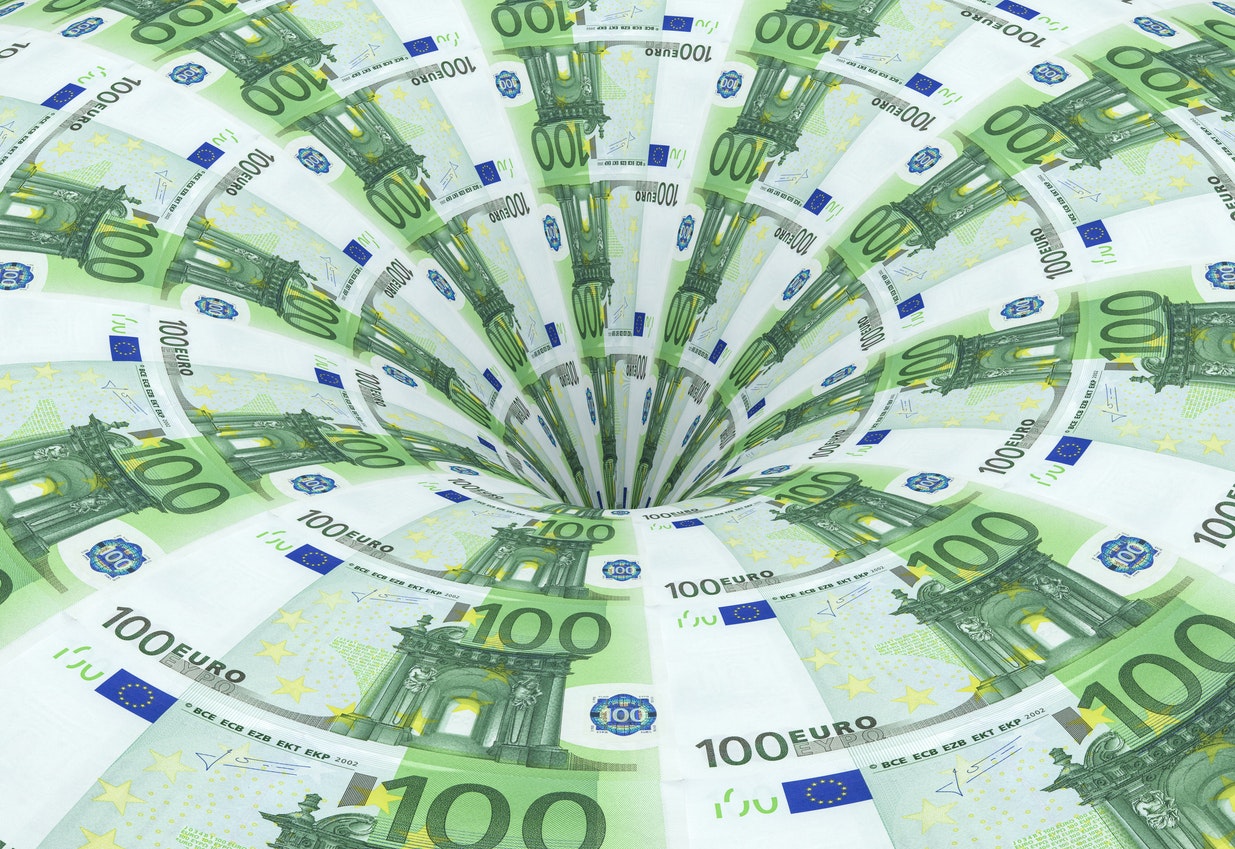
EUUK
3 July 2025
Banks such as Santander, UniCredit and Deutsche Bank are reporting record profits, driven by the European Central Bank (ECB) interest rate hikes. But while banks are seeing a bonus, the rest of us might not be feeling the same benefits. In this blog, we explain how the ECB rate hikes impact bank profits, fuelling inequality and injustice in our society.
Imagine if your bank account suddenly started earning more money without you doing anything different. That’s pretty much what’s happened with some of Europe’s biggest banks this year, thanks to the ECB’s sudden successive interest rate hikes.
Santander, UniCredit and Deutsche Bank recently posted profits of €2.9, €2.3 and €1 billion, respectively! By the end of this year, Italian banks’ earnings could grow by 70% from last year’s €25 billion, potentially reaching €43.4 billion, as projected by the Federation of Independent Italian Banks (Fabi).
The rapid increase in interest rates by the ECB has significantly benefited banks in the Eurozone – but how? As we explained in our last blog, one of the three main rates the ECB sets to maintain price stability is the deposit facility rate, which applies to the overnight deposits that banks hold at the ECB. As a result, when the ECB raises the rate on the deposit facility, it ends up paying more interest to these banks on their reserves with the ECB.
High interest rates can be seen as two sides of the same coin: on one side, they secure big returns for banks just for keeping reserves with the ECB; on the other, they are exacerbating the cost of living crisis by increasing expenses, rents and mortgages. So, banks are making incredible profits off the backs of millions struggling to pay their bills!
One thing remains certain: while banks are not increasing the interest they pay on savings accounts, which in many Eurozone countries remains at 0%, they are happily passing down these profits to shareholders in the form of dividend payments and share buybacks. Translation: with each ECB announcement of a rate increase, bankers rub their hands with joy, while we have to tighten our belts! The debate was already alarming one year ago but has intensified dramatically recently, ever since the ECB raised rates to a record 4% in a bid to bring down inflation last year.
This is the highest and fastest rate hike since the euro’s launch in 1999!
Actually, there are different alternatives to correct this bias, a bias which has led to unbearable increases in inequality and social unfairness. One option is for the ECB to increase the reserve requirements and stop remunerating them, an option also advocated by prominent economists. After all, for banks, holding deposits at the central bank is totally risk-free, so there is no point in paying interest! In addition, the ECB could ask banks to stop dividend distributions. The ECB has done this before, in March 2020. As for governments, they could move to taxing banks on their extraordinary profits. Similar to the way oil and gas companies profited from the cost of living crisis, banks are also reaping financial gains and should therefore be subjected to equivalent taxes on their undeserved windfall earnings. There’s a common perception that advantageous interest rate increases benefiting banks are a kind of ‘necessary evil’, or just an unavoidable side effect. But accepting this (un)fairy tale has led to incredible upsurge in credit costs, with a looming credit crunch on the horizon, especially in the green sector.
We need to course correct and reform the financial system in a way that benefits everyone, not just the big banks.
